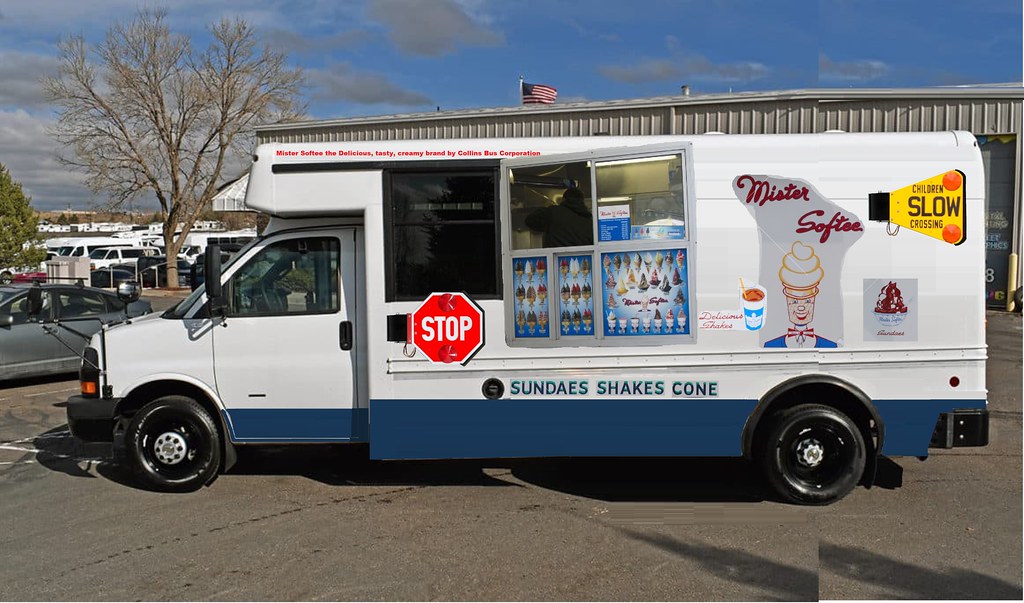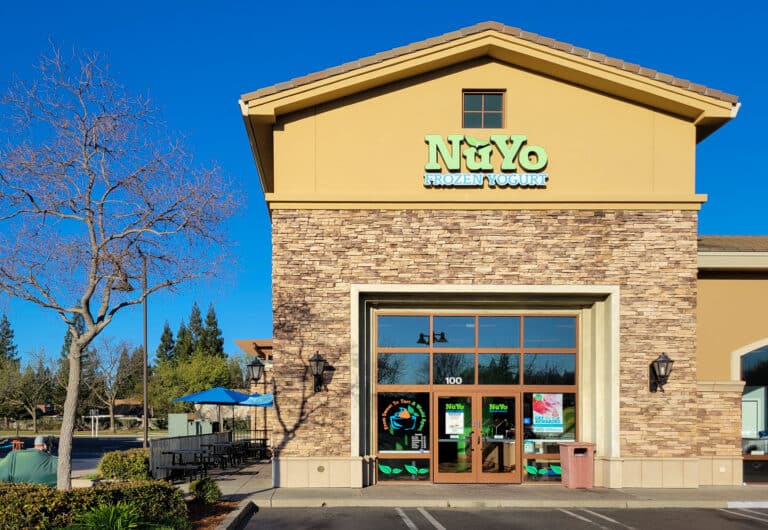Mister Softee Franchise FDD, Profits & Costs (2025)

Mister Softee, founded in 1956 by brothers William and James Conway in Philadelphia, quickly became a leader in the soft serve ice cream industry. The brand started franchising the same year and now has a strong presence in 18 states.
Headquartered in Runnemede, New Jersey, since 1958, the company remains family-owned, led by cousins Jim Conway Jr. and John Conway. Mister Softee is the oldest and largest soft-serve ice cream truck franchise in the U.S., a testament to its lasting popularity.
The brand stands out for its extensive franchise network, rich history, and the strong support it provides to its franchisees.
Initial Investment
How much does it cost to start a Mister Softee franchise? It costs on average between $264,000 – $314,000 to start a Mister Softee franchised restaurant.
This includes costs for construction, equipment, inventory, and initial operating expenses. The exact amount depends on various factors, including the type of restaurant you choose, the location, and whether the franchisee chooses to lease or purchase the property.
| Type of Expenditure | Amount |
|---|---|
| Initial Franchise Fee | $7,500 |
| Truck and Equipment | $230,000 to $265,000 |
| Inventory | $6,000 to $8,000 |
| Licenses and Professional Services | $1,500 to $3,000 |
| Prepaid Insurance Premium | $2,000 to $3,000 |
| Training Expenses | $1,500 to $2,500 |
| Additional Funds (3 Months) | $15,000 to $25,000 |
| Total Estimated Investment | $263,500 to $314,000 |
Mister Softee Franchise Disclosure Document
Frequently Asked Questions
How many Mister Softee locations are there?
As of the latest data, Mister Softee operates 601 units across 21 states in the United States. These units consist entirely of independently owned franchise trucks, as Mister Softee franchises are run by small business owners.
What is the total investment required to open a Mister Softee franchise?
The total investment required to open a Mister Softee franchise ranges from $264,000 to $314,000.
What are the ongoing fees for a Mister Softee franchise?
Mister Softee franchisees are required to pay a royalty fee of $3,855 per year based on gross sales. Unlike many other franchises, Mister Softee does not impose a national advertising fee, which provides some flexibility for franchisees in managing their ongoing expenses.
What are the financial requirements to become a Mister Softee franchisee?
To become a Mister Softee franchisee, the financial requirements include a minimum net worth of $185,000 and liquid capital of at least $50,000. These figures are necessary to ensure that franchisees can cover the initial investment costs and sustain the business during its early stages.
Who owns Mister Softee?
Mister Softee is owned by the Conway family. It was founded in 1956 by brothers William Conway and James Conway in Philadelphia. Today, the company remains a family-operated business, co-owned by their sons, Jim Conway Jr. and John Conway, who continue to manage and expand the franchise.
Disclaimer
Disclaimer: This content has been made for informational and educational purposes only. SharpSheets is an independent educational resource and is not affiliated with, endorsed by, or representing any franchisor mentioned on this website. Where noted, figures are taken from the franchisor’s Franchise Disclosure Document (FDD). In some cases, we may provide independent calculations or estimates based on publicly available information. We do not make any representation or warranties with respect to the accuracy, applicability, fitness, or completeness of the information presented in the article. You should not construe any such information or other material as legal, tax, investment, financial, or other professional advice. Nothing contained in this article constitutes a solicitation, recommendation, endorsement, advertisement, or offer to buy or sell any franchises, securities, or other financial instruments in this or in any other jurisdiction in which such solicitation or offer would be unlawful under the franchise and/or securities laws of such jurisdiction.
All content in this article is information of a general nature and does not address the detailed circumstances of any particular individual or entity. Nothing in the article constitutes professional and/or financial and/or legal advice, nor does any information in the article constitute a comprehensive or complete statement of the matters discussed or the law relating thereto. You alone assume the sole responsibility of evaluating the merits and risks associated with the use of any information or other content in this article before making any decisions based on such information or other content.




